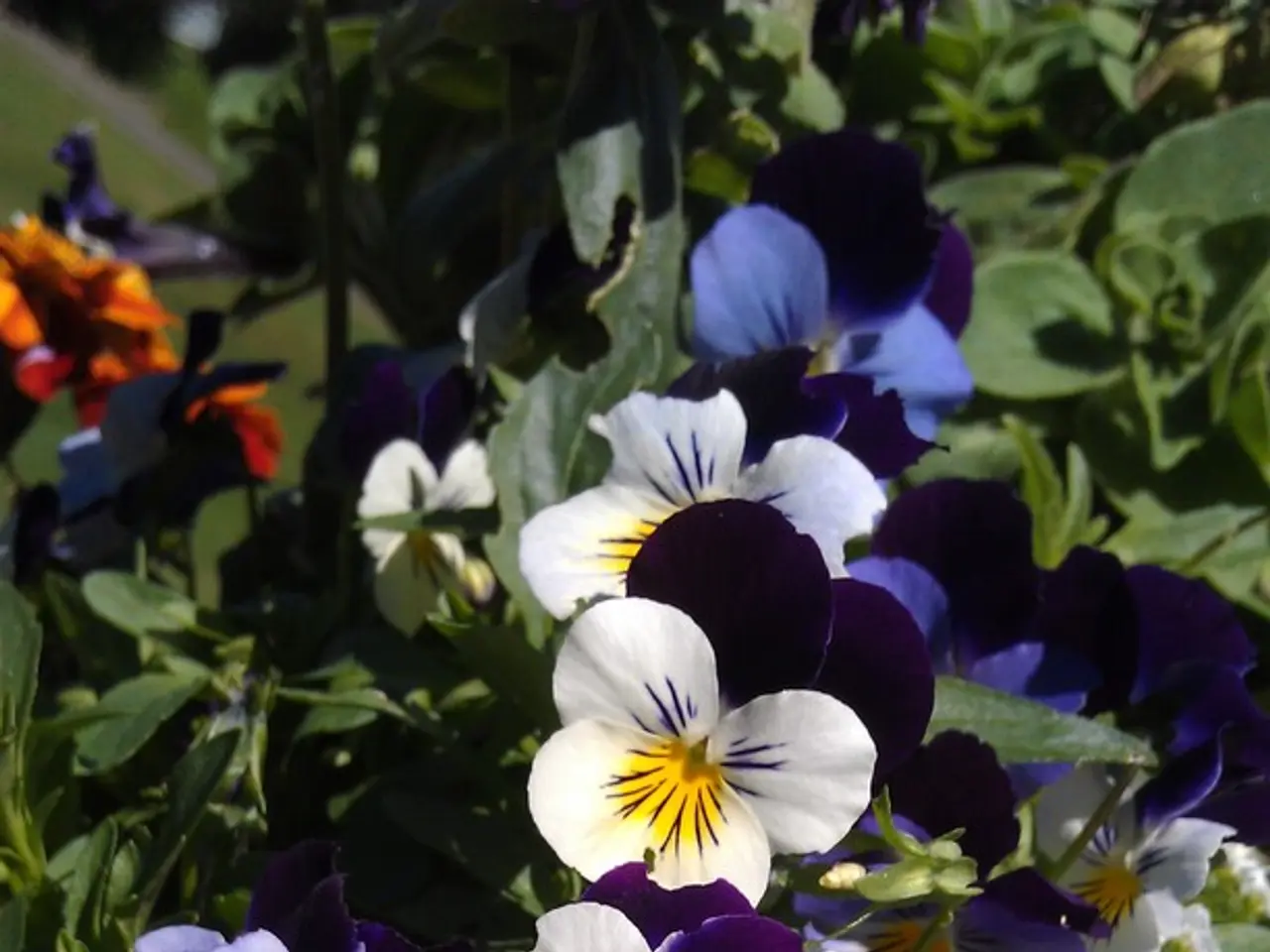Top Plants Safe for Allergy Sufferers versus Those Potentially Causing Irritation
As summer arrives, hay fever season begins for many people with allergies. While gardening can be challenging for those with flower allergies, not all flowers cause symptoms. In this article, we'll explore the best and worst flowering plants for people with allergies, helping you create a beautiful garden without triggering your symptoms.
The key to an allergy-friendly garden lies in choosing plants that produce low amounts of pollen or have pollen that is not easily airborne. These plants tend to have enclosed or dense petals that trap pollen, minimizing allergen exposure. Some top hypoallergenic choices include roses, tulips, snapdragons, begonias, carnations, irises, hardy geraniums, nepetas, rosemary, and ferns.
Roses, for example, produce small amounts of heavy pollen that doesn’t easily become airborne, and are insect-pollinated, reducing allergy risk. Tulips have cup-like petals that keep pollen contained and produce very little pollen overall, making them an excellent choice for allergy sufferers. Snapdragons' flower structure naturally traps pollen inside, making them excellent for reducing airborne allergens.
On the other hand, the worst flowering plants for people with allergies are typically those that produce large amounts of lightweight pollen that easily becomes airborne. These often include wind-pollinated trees and plants such as ash, hazel, oak, birch, and many grasses, which release copious amounts of pollen into the air, triggering hay fever and allergies. While not all flowering plants are highly allergenic, those that rely on wind for pollination are generally the worst for allergy sufferers because their pollen is released in large quantities and dispersed widely by wind.
In conclusion, choosing insect-pollinated flowers with enclosed or dense petals and avoiding wind-pollinated plants is the key strategy for minimizing allergy symptoms related to flowering plants. However, it's important to note that some plants, like azaleas, can be toxic to humans, including the pollen, but are a good choice for people severely allergic to pollen. Geraniums, for instance, produce very little pollen and are safe for people with hay fever, but the leaves can cause mild skin irritation. Begonias produce minimal pollen and are safe for sensitive noses.
In the spirit of creating a beautiful, allergy-friendly garden, remember to consider the plants' fragrance as well. Brightly colored flowers that attract pollinators are often the ones causing allergies. Therefore, opting for unscented or lightly scented flowers, such as tulips and irises, can help further reduce allergy symptoms.
With these tips in mind, you can now enjoy a blooming garden without the fear of triggering your allergies. Happy gardening!
### Summary Table
| Allergy-Friendly Plants | Allergy-Triggering Plants | |-----------------------------------------|------------------------------------| | Roses (insect-pollinated, low pollen) | Wind-pollinated trees (oak, birch) | | Tulips (enclosed flowers, low pollen) | Many grasses (high pollen release) | | Snapdragons (pollen trapped inside) | Hazel, ash trees | | Begonias (low pollen, insect-pollinated)| Certain weeds like ragweed | | Carnations (dense petals trap pollen) | Some highly fragrant, pollen-heavy flowers | | Irises (closed blooms, low pollen) | Wind-pollinated flowering trees | | Hardy Geraniums, Nepeta, Rosemary | | | Ferns (non-flowering, non-allergenic) | |
- Insect-pollinated flowers like roses, tulips, snapdragons, begonias, carnations, irises, hardy geraniums, nepetas, rosemary, and ferns are suitable for an allergy-friendly garden due to their low pollen production and enclosed or dense petals.
- Wind-pollinated plants such as ash, hazel, oak, birch, and many grasses should be avoided as they release large amounts of lightweight pollen, easily triggering hay fever and allergies.
- Geraniums and begonias are safe for people with hay fever, as they produce very little pollen and are insect-pollinated, but caution should be taken with the leaves of hardy geraniums, as they may cause mild skin irritation.
- When selecting plants for a beautiful, allergy-friendly garden, consider choosing unscented or lightly scented flowers like tulips and irises, as brightly colored, highly fragrant flowers may cause allergy symptoms.




